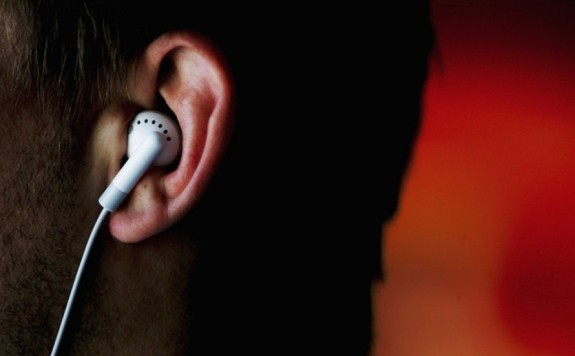In the New York Times the other day, Frank Bruni hit on something that’s been bothering me, too:
I’m haunted by…how easily a person these days can travel the globe, and travel through life, in a thoroughly customized cocoon.
I’m not talking about the chain hotels or chain restaurants that we’ve long had and that somehow manage to be identical from time zone to time zone, language to language: carbon-copy refuges for unadventurous souls and stomachs.
I’m talking about our hard drives, our wired ways, “the cloud” and all of that. I’m talking about our unprecedented ability to tote around and dwell in a snugly tailored reality of our own creation, a monochromatic gallery of our own curation.
This coddling involves more than earphones, touch pads, palm-sized screens and gigabytes of memory. It’s a function of how so many of us use this technology and how we let it use us. We tune out by tucking ourselves into virtual enclaves in which our ingrained tastes are mirrored and our established opinions reflected back at us.
In theory the Internet, along with its kindred advances, should expand our horizons, speeding us to aesthetic and intellectual territories we haven’t charted before. Often it does.
But at our instigation and with our assent, it also herds us into tribes of common thought and shared temperament, amplifying the timeless human tropism toward cliques. Cyberspace, like suburbia, has gated communities.
Our Web bookmarks and our chosen social-media feeds help us retreat deeper into our partisan camps. (Cable-television news lends its own mighty hand.) “It’s the great irony of the Internet era: people have more access than ever to an array of viewpoints, but also the technological ability to screen out anything that doesn’t reinforce their views,” Jonathan Martin wrote in Politico last year, explaining how so many strategists and analysts on the right convinced themselves, in defiance of polls, that Mitt Romney was about to win the presidency.
Elizabeth Scalia made a similar observation a couple years ago, discussing Catholics on the internet:
In a frequently visited echo chamber, the voice of the same eight people can begin to sound first like 80 people, then like 800 people, until one falls for the illusion that “everybody” thinks as you do, that you are “mainstream” when in fact you have traveled to the farthest margins of your humanity.
If you can convince yourself that the world is full of all the best sorts of people (the ones who read your blog) and that these best people all think the way you think, then you have created an illusion that there is an “us” and a “them”—the people like you are the GOOD Catholics, who accept every teaching unquestioningly and therefore feel entitled to cry “shame” at the rest of us, or they are the SMART Catholics who wouldn’t dream of accepting anything out of Rome without first deconstructing it through the prism of the era; or they are the TOLERANT Catholics who will put up with any idea, as long as it is theirs, or they are the TRUE Catholics, who think they can right every wrong if they can just smack the bishops back into line with a sword of righteousness.
“They” are all of us. Catholicism contains fractious multitudes, and always has.
Yep.
Echo chambers are comforting. But the sound is dull and the air is stale.
Sometimes you need to unplug and go out for a walk and breathe a little fresh air. It’s good for the lungs, and the soul.












